Hyundai has revealed the i30 tourer with a host of safety technologies and CO2 emissions from 95g/km.
The new model has been designed and tested in Europe and joins the five-door version in the manufacurers line-up.
Load space is competitive with 602 litres of space, growing to 1,650 litres with the seats folded. There are also storage compartments in the floor.
Active safety and connectivity features are among the best in class for the new i30 Tourer. Standard active safety equipment includes Autonomous Emergency Braking, Driver Attention Alert, High Beam Assist and Lane Keeping Assist.
Using camera sensors, the Autonomous Emergency Braking operates in three stages. Initially warning the driver visually and acoustically, it controls the brake according to the collision danger stage, and applies maximum braking force to avoid a collision or minimise damage when a collision is unavoidable. The optional pedestrian recognition uses a front radar and avoids or mitigates the consequence of an impact with a pedestrian.
Advanced Smart Cruise Control keeps a constant speed and distance from the vehicle ahead by automatically accelerating and braking up to 111mph. If the traffic comes to a halt, the system applies the brake until the car comes to a standstill and accelerates to the desired speed as soon as the road is clear.
Its spacious interior features a free floating eight-inch screen for the infotainment system. It offers navigation and connectivity features such as Apple CarPlay, Android Auto and Live Services. A wireless charging system for smartphones is available as well.
The powertrain line-up of the i30 Tourer consists of downsized turbocharged engines to enhance efficiency and responsiveness.
Customers can choose from a 1.6-litre turbo diesel engine with 110PS, a three-cylinder 1.0-litre turbo petrol (T-GDI) with 120 PS or a 1.4-litre T-GDI with 140PS.
Preliminary figures suggest fuel consumption will range from 48mpg to 78mpg depending on the powertrain. CO2 emissions should start at 95g/km, rising to 135g/km.
The engineers of Hyundai Motor Europe’s Technical Centre in Germany enhanced the driving dynamics of the new i30 in a rigorous testing programme throughout Europe and on the Nürburgring. The body is both rigid and light with 53% Advanced High Strength Steel, which should provide the basis for good ride and handling characteristics.



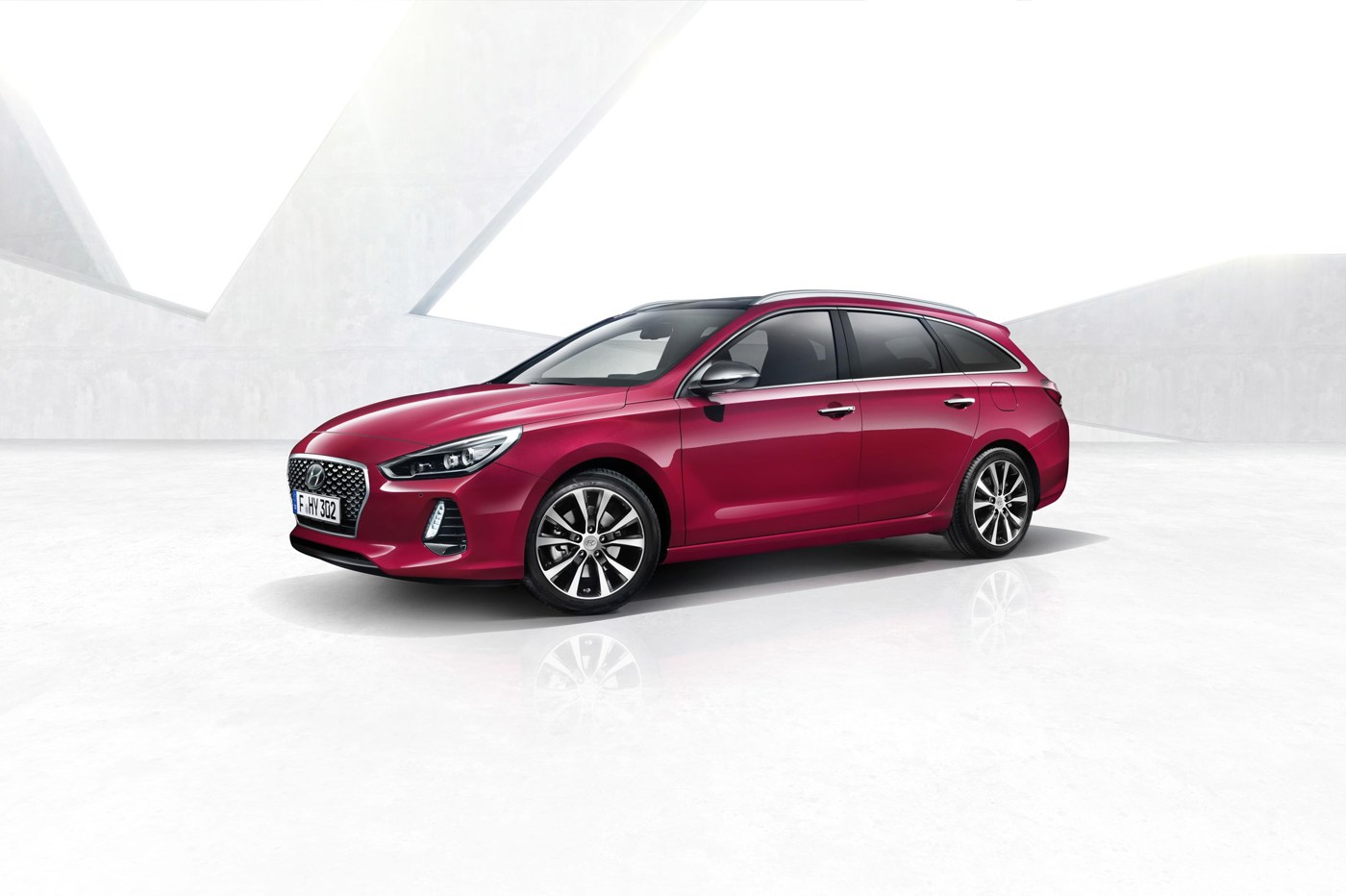
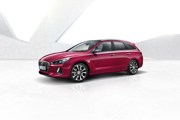
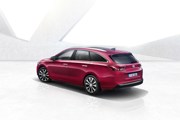
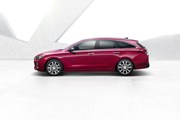
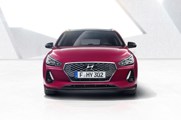
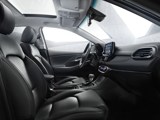
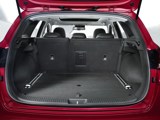
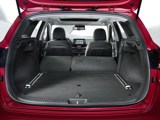














Login to comment
Comments
No comments have been made yet.